The tension between wokeness and white privilege
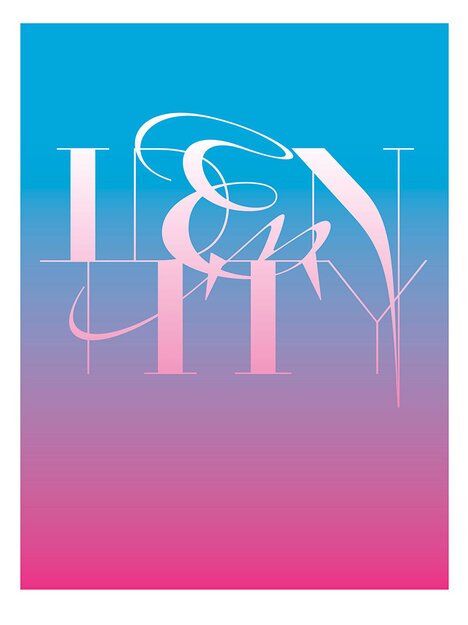
A DEBATE WHICH AFFECTS PUBLISHING IN ITS OWN WAY
On my last visit to my favourite bookshop there was a surprise in store for me. As usual, new German-language and international titles were displayed on a table of their own. Among them I found the novels and stories currently being discussed in the German arts sections, as well as a few other recommended titles. The latest paperback releases had been placed on another, smaller table right by the door. But this display featured an eclectic mix of titles, and at first I couldn’t work out what they all had in common.
On closer inspection, I realised that the books on the table were all new releases by authors of colour. A feeling of irritation came over me: one table held books by white authors, the other books by authors of colour. I was immediately reminded of images from apartheid-era South Africa: seats with signs saying ‘Only for Whites’ and others labelled ‘Only for Blacks’. I can’t believe it, I thought: ‘my’ bookshop – always so well organised, with passionate, knowledgeable staff and a carefully selected range of titles – was resorting to the same selection methods as a system I had nothing but contempt for?
The idea was well-intentioned, of course, I knew that. It was about drawing attention to authors of colour. But my irritation persisted. This initiative didn’t sit right with me.
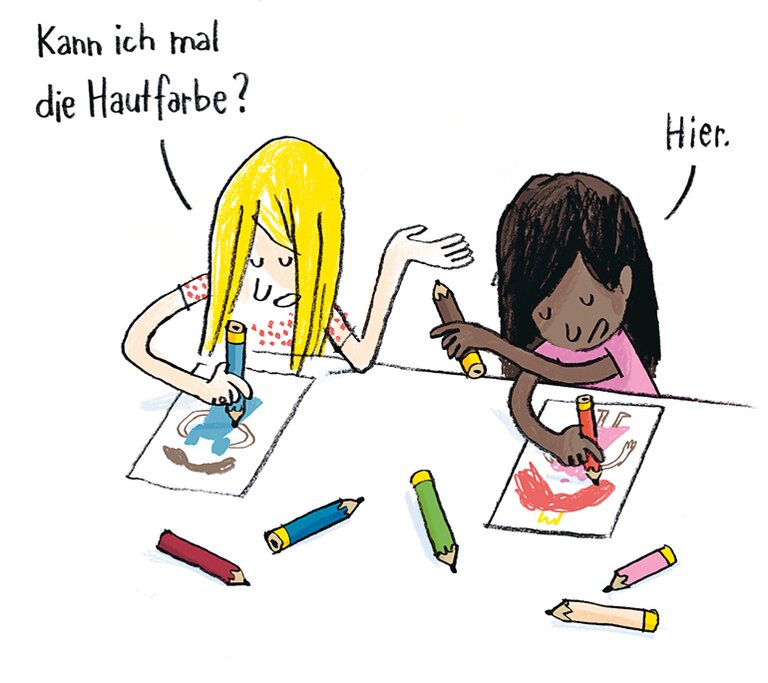
We are already seeing agencies advising publishing houses on gender-sensitive issues, and revising manuscripts accordingly. Certain authors, in notes to their publications, apologise in advance for having unintentionally offended any readers. The collection Beißreflexe. Kritik an queerem Aktivismus, autoritären Sehnsüchten, Sprechverboten, published by the queer activist Patsy L’Amour laLove, was banned from a queer book fair in Berlin-Kreuzberg due to its content, which caused several publishers to withdraw from the event.
The Frankfurter Buchmesse collection ‘What Am I?’ sheds light on the controversial facets of the current debate. In his personal account Der weiße Fleck, Mohamed Amjahid holds up a mirror to the majority in our society, and describes the daily racism to which he is subjected as the son of a Moroccan migrant worker.
Alice Hasters and Noah Sow are two passionate representatives of the younger generation who bring their own lucid points of view to the debate. In their opinion, the question ‘Where are you from?’ comes from a racist place, even if the speaker does not personally mean it that way. We often hear about white people – ostensibly out of admiration, but often without asking – touching the hair of people of colour. This too is rooted in racism, the authors argue: it is yet another manifestation of the kind of structural racism that goes beyond individual intentions.
In Exit Racism, author Tupoka Ogette has written an instruction manual on how to think in an antiracist way. It is an instruction manual in the literal sense: Ogette, a workshop leader and antiracism trainer, structures her book as a dialogue and aims it explicitly at a white readership.
With his book Identität im Zwielicht, art historian Jörg Scheller wants to move between the two front lines rather than cowering in the trenches. He stresses the importance of having a concept of identity, as long as it remains descriptive and does not start to posit static essences in an ‘ideologically prescriptive’ way.
It is clear that the postcolonial identity debate poses questions not only about the individual’s ability to cope with everyday life, but in particular about every form of art. The essay Wie frei ist die Kunst? by journalist and art critic Hanno Rauterberg, is a passionate plea for the ‘universal freedom of art’.
The work Postkoloniale Theorie, already in its third edition, is aimed at an academic audience. This study by academics Maria do Mar Castro Varela and Nikita Dhawan looks at the founding texts of postcolonial theory by Edward W. Said (1978), Gayatri Chakravorty Spivak (1988) and Homi K. Bhabha (1994), and analyses them in their current context.
Author Mithu M. Sanyal appeals to a broad public with her novel Identitti, which was shortlisted for the German Book Prize in 2021. In the novel, a person of colour – a professor of postcolonial studies and undisputed figurehead of her department – is found to have perpetrated a deliberate deception. Professor Saraswati is not really a person of colour, as she claims – she’s a white woman! It is no coincidence that this title should appear at the end of an article about such a deeply controversial subject. In her review of Identitti, author Alina Bronsky wrote: ‘What a mercilessly funny search for identity, in which nothing and nobody is spared. Reading it not only makes you smarter – it also puts you in a better mood.’

Deutschland Schwarz Weiß
Since its first publication in 2008, this book has become a standard work for teaching and discussing structural racism in Germany, and has lost none of its topicality to this day.

Was weiße Menschen nicht über Rassismus hören wollen, aber wissen sollten
Powerfully yet patiently Hasters describes how racism shapes her everyday life as a black woman in Germany.

Der weiße Fleck
Even if the awareness of inequality in our country has grown, racist thinking remains deeply rooted in all of us, invisible to the white majority. Amjahid aims to shed light on these blind spots.
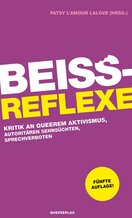
Beißreflexe
Queer stands for a self-consciously perverse rejoinder to heterosexual manias and hostility to otherness. 27 authors address this form of queer activism and its theoretical context.
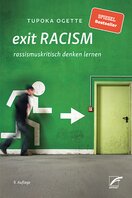
Exit Racism
A critical journey for readers, not only sharing concrete knowledge with them about the history of racism and its impacts, but also supporting them in an emotional confrontation with the topic.

Identität im Zwielicht
In the media, identity politics has become a battle cry. This book aims to contribute greater objectivity to the debates.
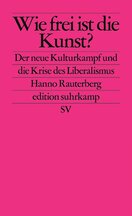
Wie frei ist die Kunst?
What is hidden behind the debate on morality and aesthetics: is political correctness endangering the autonomy of the artist? And why is the quarrel taking place at this
moment in history?
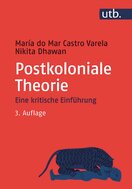
Postkoloniale Theorie
The updated third edition also engages with contemporary debates on globalisation, religion, human rights and decolonisation.
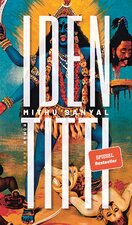
Identitti
From race, sex and gender to colonialism: a fun and entertaining novel written with delightful self-mockery and liberating knowledge.
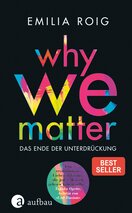
Why we matter
A ground-breaking debut exposing the patterns of systematic oppression through Emilia Roig’s own experiences and family history. Landed her on the German bestseller lists.
© Tobias Voss
Tobias Voss was Vice President of International Markets at the Frankfurter Buchmesse. As such, he was responsible for relations with the fair’s international clients. He is currently working as a consultant for Frankfurter Buchmesse.



